The National Assembly officially passed the Law on Identification replacing the 2014 Law on Citizen Identification. According to the newly passed Law, there are 5 specific changes compared to the old law, officially taking effect from July 1, 2024.
First, the card name was changed from Citizen Identification Card to Identity Card. This change is to clearly demonstrate the scientific nature, both covering the scope of regulation and applicable subjects of the law, and being consistent with the trend of digital society management.
Second, the information about hometown is changed to the place of birth registration. Previously, the provisions of the 2014 Citizen Identification Law stipulated that citizen information had a section for recording hometown based on the hometown of the father or mother. According to the newly passed law, information about hometown on the ID card will be removed and integrated into the National Population Database.
The removal of information about hometown and replacing it with information about place of birth registration is confirmed to be accurate for anyone and highly stable.

The third is the change from permanent residence to residential residence. Accordingly, for the old Citizen Identification Card model, citizens are required to have information about their permanent residence to be issued a Citizen Identification Card. The new law stipulates that citizens who only register for temporary residence are still issued an ID card. From there, all citizens who are eligible for an ID card are guaranteed the right to have identification documents to carry out administrative procedures and civil transactions as needed.
Fourth, the ID card omits the index finger fingerprint compared to the citizen ID card. According to the law drafting unit, the absence of fingerprints on the surface of the ID card is to ensure security, however, the index finger fingerprint data is managed in the card's encrypted information storage.
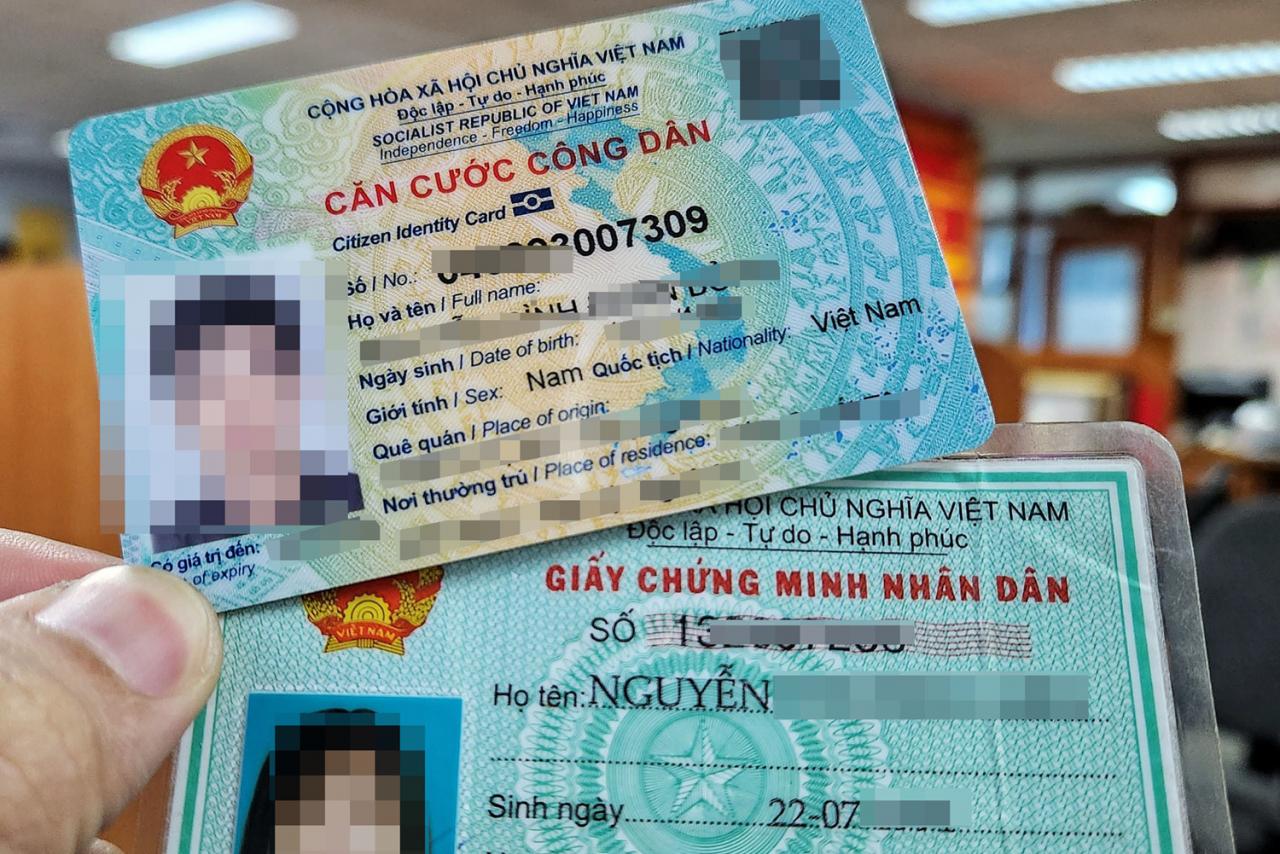
The notable change is that the ID card holder can be a person under 14 years old. Compared to the old law (the person granted a citizen ID card must be 14 years old or older), the new law stipulates that Vietnamese citizens under 14 years old can also be granted an ID card upon request. Issuing cards to people under 14 years old is in accordance with current regulations. At the same time, it reduces administrative procedures, reduces paperwork...
A notable point of the Law on Identification is the addition of a provision on collecting irises in identification information. This provision is to serve as a basis for checking and verifying each individual's information, supporting in cases where a person's fingerprints cannot be collected.
Source










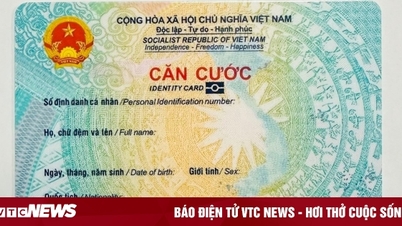

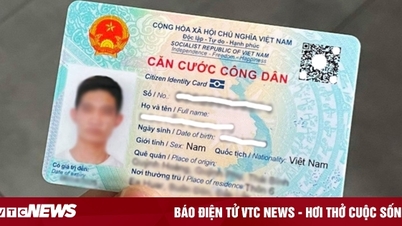
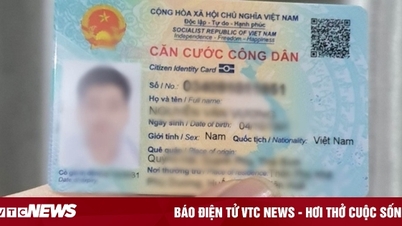
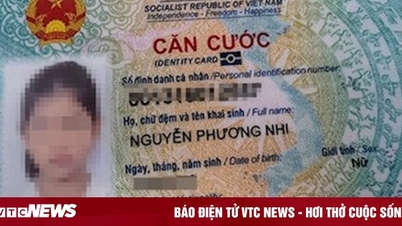


















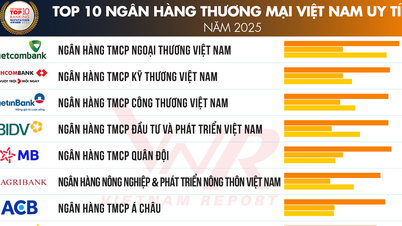



































































Comment (0)